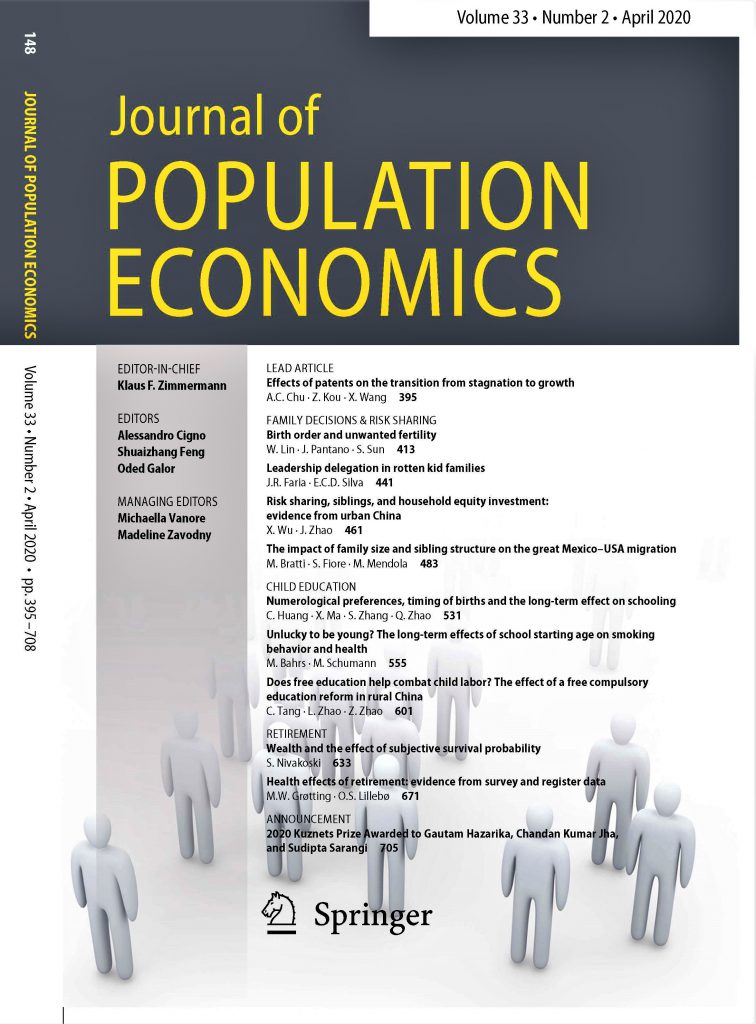
Names and Behavior in a War
We implement a novel empirical strategy for measuring and studying a strong form of nationalism—the willingness to fight and die in a war for national independence—using name choices corresponding to a previous war leader. Based on data on almost half a million soldiers, we first show that having been given a first name that is synonymous with the leader(s) of the Croatian state during World War II predicts volunteering for service in the 1991–1995 Croatian war of independence and dying during the conflict. Next, we use the universe of Croatian birth certificates and the information about nationalism conveyed by first names to suggests that in ex-Yugoslav Croatia, nationalism rose continuously starting in the 1970s and that its rise was curbed in areas where concentration camps were located during WWII. Our evidence on intergenerational transmission of nationalism is consistent with nationalist fathers purposefully reflecting the trade-off between within-family and society-wide transmission channels of political values. We also link the nationalist values we proxy using first name choices to right-wing voting behavior in 2015, 20 years after the war.





